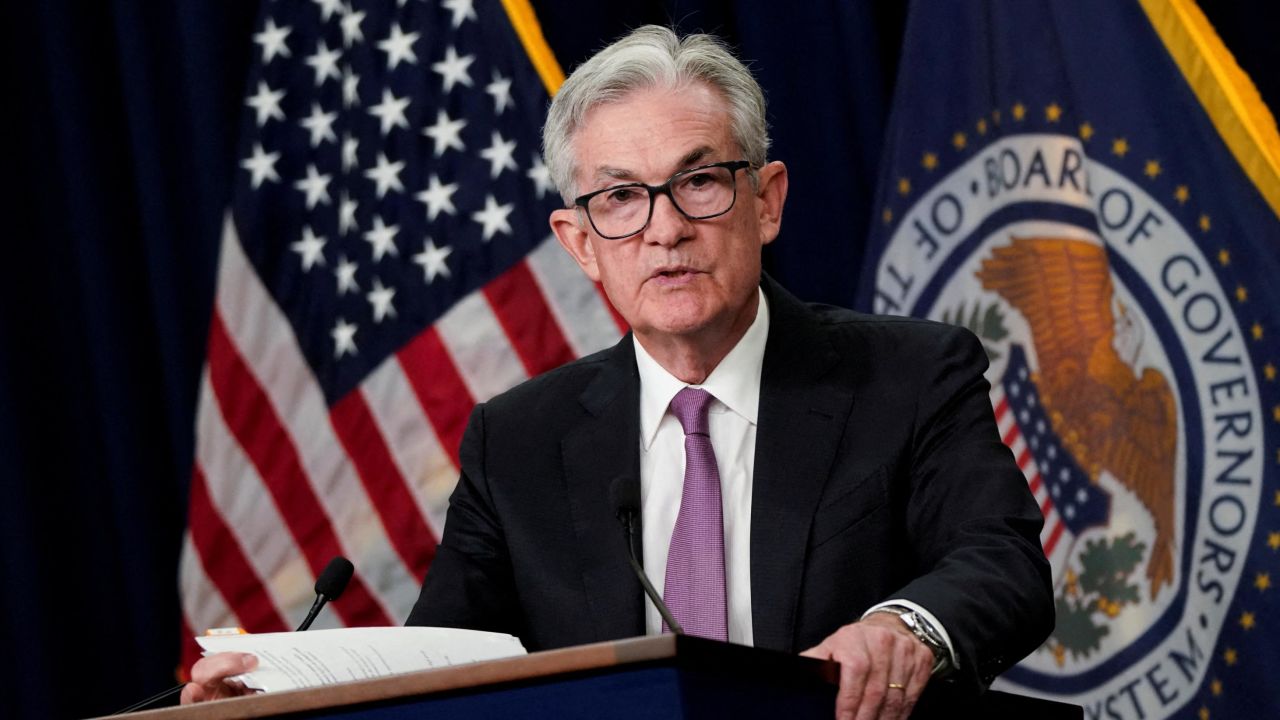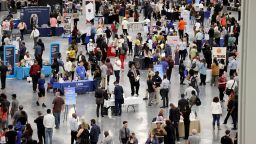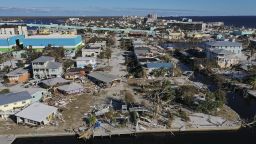The tight US labor market started to show signs of loosening in August. The number of job openings dropped to just under 10.1 million, down from 11.2 million in July, according to data released Tuesday by the Bureau of Labor Statistics. That’s the lowest total since June 2021.
The latest Job Openings and Labor Turnover Survey, or JOLTS, showed that the decrease in available jobs — the largest monthly decline since April 2020 — means that there are now almost 1.7 positions open for every person looking for one, down from two openings per job seeker in July.
Layoffs bumped up slightly to 1.5 million, from 1.4 million the month before. Hires and quits held fairly steady at 6.3 million and 4.2 million, respectively, indicating that workers still aren’t afraid to job hop and look for new opportunities, economists from labor market analytics firm Lightcast said Tuesday.
“The labor market is unraveling the way we wanted it to,” said Lightcast chief economist Bledi Taska. “We wanted it to go down, but hires and separations stayed the same. There’s still hope for a soft landing.”
That’s welcome news to the Federal Reserve, which wants more slack in the labor market out of concern that tight employment could push up wages and ultimately keep inflation elevated.
“Hard to read too much into one data point, but the data does offer some evidence that labor demand is cooling,” said Michael Pugliese, an economist with Wells Fargo. “Layoffs ticked higher but remain low and are still lower than the level that prevailed right before the pandemic. Overall, probably an encouraging report for monetary policymakers at the Federal Reserve.”
Nick Bunker, senior economist with Indeed Hiring Lab, offered up an even more colorful depiction on Twitter about Federal Reserve Chairman Jerome Powell:
“Jay Powell is fist pumping at that job openings number,” Bunker tweeted.
Economists were expecting job openings to fall to just 10.8 million, according to estimates on Refinitiv. Some of the largest decreases were in sectors such as finance and insurance, educational services, manufacturing and retail — sectors that have struggled to add workers as the pandemic has waned.
The drop in available jobs is consistent with the broader economic slowdown as the Fed raises interest rates to bring down inflation, Daniel Zhao, lead economist on Glassdoor’s Economic Research team, told CNN Business. Practically every industry saw a decline in job openings, indicating a broader slowdown, he said.
“We are starting to see things cool off, even if the temperature it’s starting from was pretty hot,” he said.
While the latest turnover data appears to be showing some evening out in a historically tight labor market, there’s still a long way to go, according to Alex Pelle, US economist for Mizuho Americas. In a research note published last week, he noted that the 1.2 openings to unemployment ratio during the 2017 to 2019 period is generally regarded by policymakers as a full-employment benchmark.
“The key concern for the medium-term US inflation outlook is the extreme imbalance in the labor market,” he wrote. “Wages are growing too fast relative to the poor growth in productivity, and the Fed’s solution to this problem is to realign the labor market away from workers and back towards firms. Ideally, the Fed would like to calibrate this re-balancing to get it ‘just right,’ but in practice, it is more likely that the Fed will be done hiking when the labor market shows signs of breaking.”
JOLTS is the first of several key labor market reports coming out this week: ADP’s private-sector payroll and wage report will be released on Wednesday; the Labor Department’s latest initial weekly jobless claims on Thursday; and the September jobs report on Friday.
All could factor in heavily to the Fed’s next policymaking meeting in early November.










